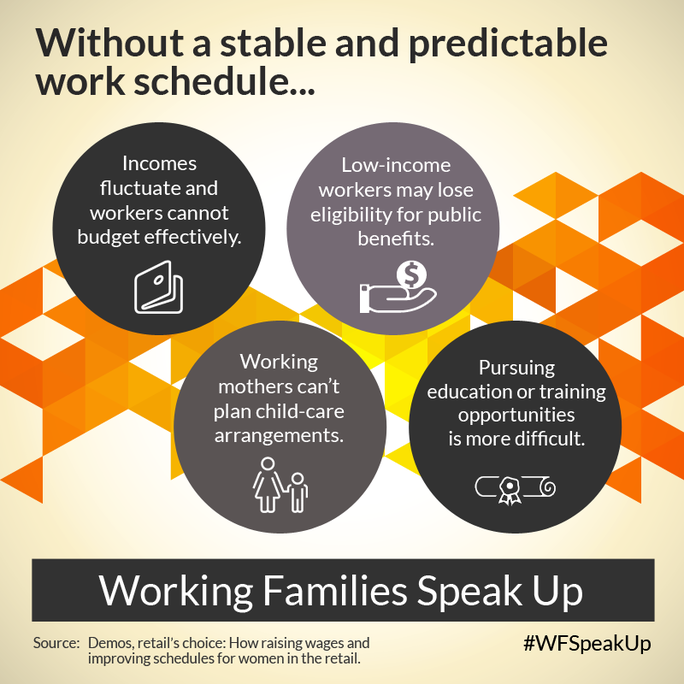Speaking at the Greater Providence Chamber of Commerce (GPCC), alongside Senate President Teresa Paiva Weed and Governor Gina Raimondo, Nicholas Mattiello proudly ticked off a list of his tax cutting accomplishments since becoming Rhode Island’s Speaker of the House.
We’ve reduced the corporate tax rate in Rhode Island.
“We exempted sales tax on energy costs to assist businesses.
“We raised the exemption on the estate tax to keep successful folks in the State of Rhode Island.
“We eliminated the social security tax on many Rhode Islanders so we can assist the middle class after a lifetime of commitments so that they can stay and thrive in Rhode Island.
“We eliminated tax on radiology services to assist that industry.”
Acting as the self-appointed Yin to Mattiello’s Yang, Paiva-Weed spoke about how the Speaker and Governor stood with her “to take some of the most difficult votes the General Assembly could take to cut the budget…
One of them was last year… and that was cutting $70 million from Medicaid. That was a hard vote…
“In addition, many of you in this room were not standing here cheering when we had to make those difficult votes to ensure the passage of pension reform. And that was a vote that quite honestly kept me up many nights, because it really did hurt people…”
“It really did hurt people.” Let that sink in for a moment.
“We raised the exemption on the estate tax to keep successful folks in the State of Rhode Island,” the Speaker had said, not five minutes earlier.

The message was as jarring as it was obvious: Tax cuts on the rich hurt people. Our leaders know this, but they don’t want to believe it. It’s called cognitive dissonance.
Beyond just hurting people, poorly targeted tax cuts do nothing to help the greater economy and instead impoverish a government’s ability to maintain infrastructure. Hence, RhodeWorks.
RhodeWorks will shift the financial burden of repairing RI’s roads and bridges onto trucking companies, who will maintain their profits by increasing the price of goods. This will burden the poor and middle class much more than it will the rich, who will be able to manage slight price increases by drawing on the extra money they keep through the tax cuts they’ve been granted.

Despite Paiva-Weed’s protestations, she has not cast “difficult votes”. A difficult vote would be one in which she stood up for those without power and against the money of the connected elite. A difficult vote would be one of compassion and courage.
No, the votes Paiva-Weed made were easy, because the people she hurt have no power to hold her accountable for their pain. Her conscience might bother her, but what good is a conscience when the corporate tax rate needs to be cut?
As for Mattiello, after he proudly listed his accomplishments, he said, “We have been laser focused on moving our economy forward and doing the kind of things that build economic wealth and growth and jobs in the State of Rhode Island.”
“And then I hear,” said Mattiello, pausing as the cognitive dissonance crackled through his brain, “that there’s a consensus that we have the worst roads and bridges in the country and it’s the leading concern of businesses. It’s the number one driving force for businesses in their decision making.” Another pause.
Mattiello’s pauses say it all. All that money he gave away to his well off neighbors was for nothing. All those cuts to pensions and Medicaid were for nothing and all those people hurt by these cuts were hurt for nothing.
Our leaders bought the lies of economic charlatans, gave away millions in tax cuts, impoverished our state and hurt people terribly, only to find that what was really needed was a strong infrastructure, an infrastructure we might have been able to afford if we weren’t crippling our economy by cutting the taxes of dead millionaires.




 Ahead of yesterday’s finance committee votes in both houses of the General Assembly approving RhodeWorks, the truck toll plan, a press conference was held at the Greater Providence Chamber of Commerce (GPCC) featuring some of Rhode Island’s most powerful political, business and labor leaders. They were there to present a unified message in support of the tolls, despite vocal opposition.
Ahead of yesterday’s finance committee votes in both houses of the General Assembly approving RhodeWorks, the truck toll plan, a press conference was held at the Greater Providence Chamber of Commerce (GPCC) featuring some of Rhode Island’s most powerful political, business and labor leaders. They were there to present a unified message in support of the tolls, despite vocal opposition. As I said before,
As I said before, 
